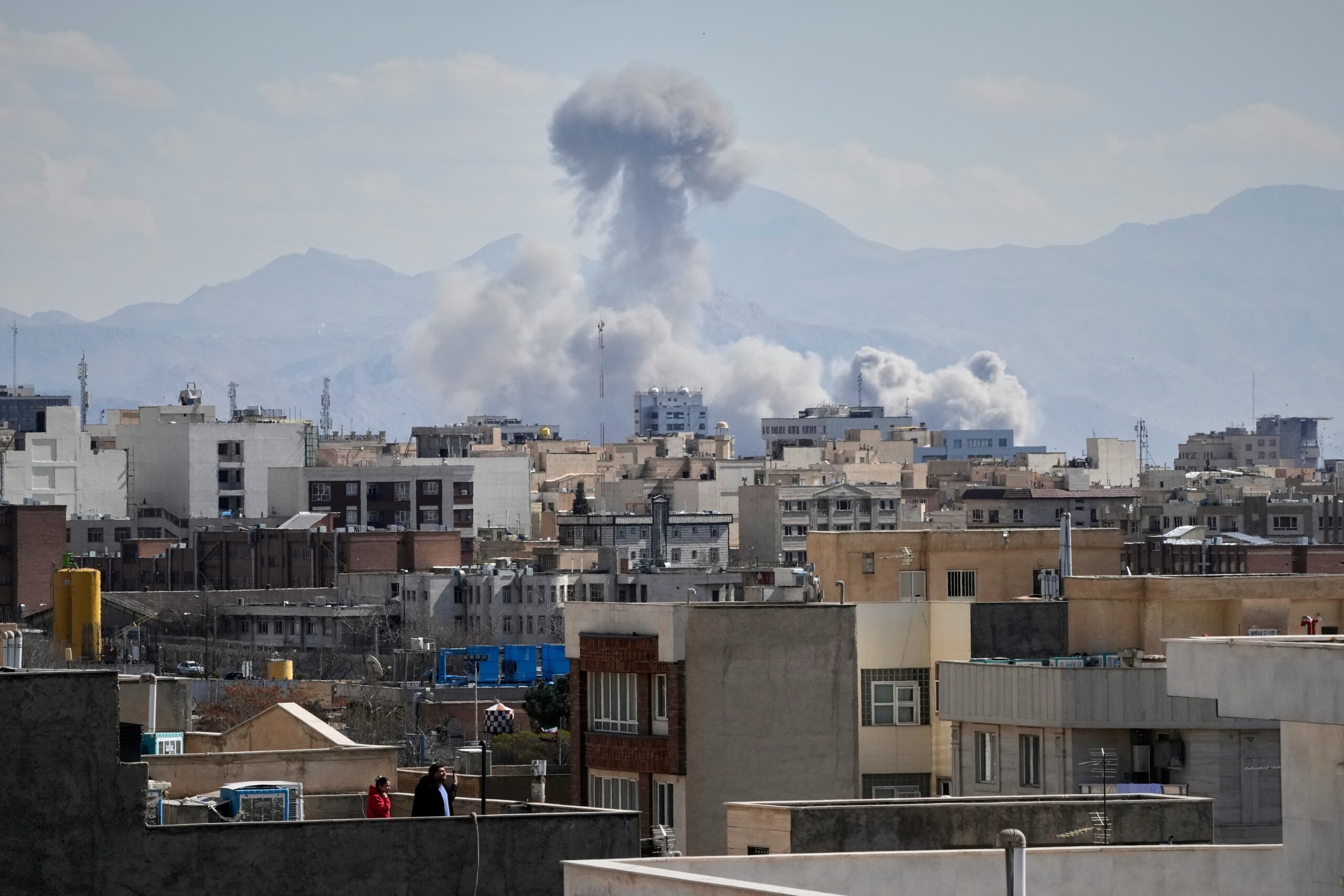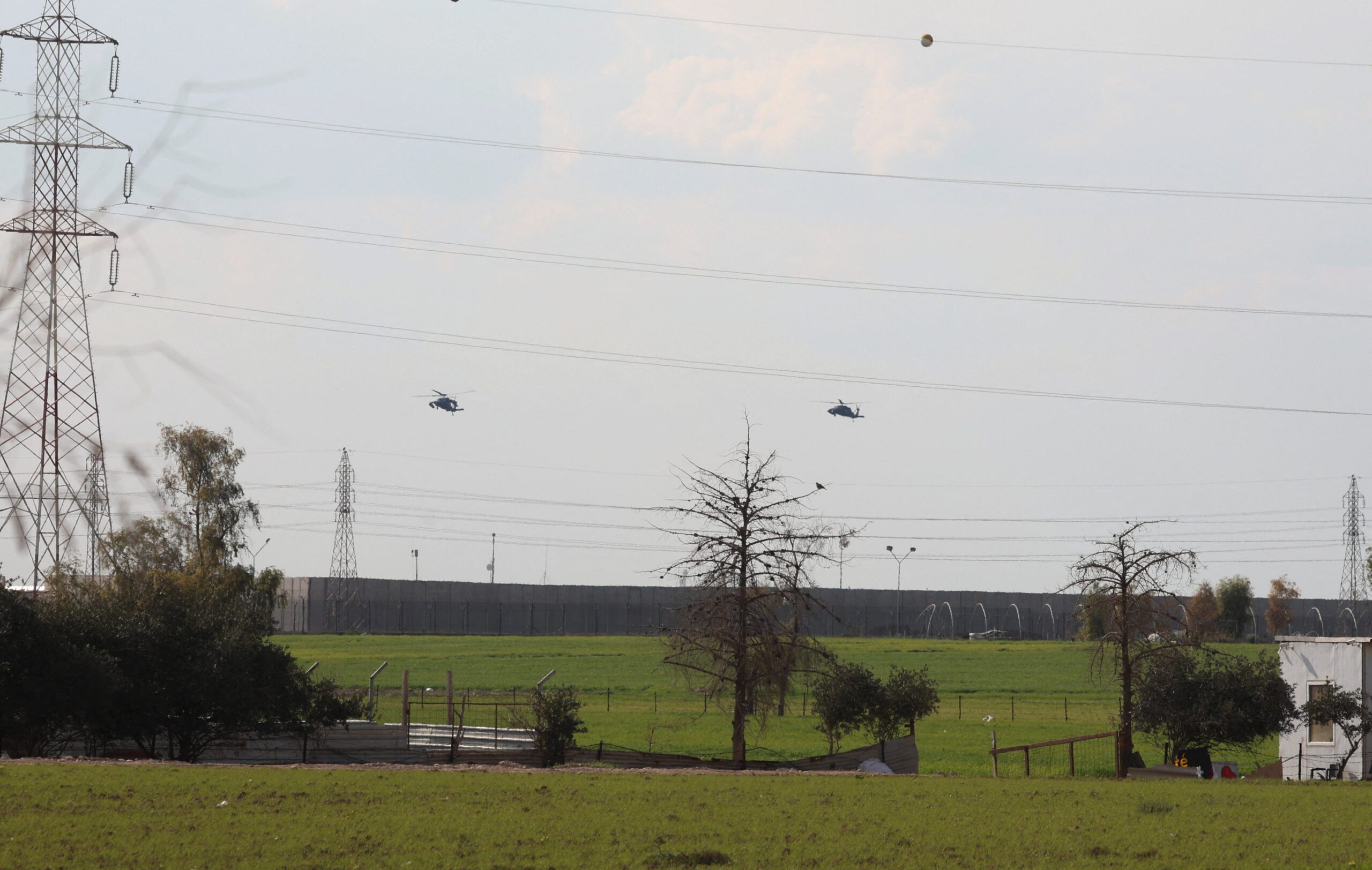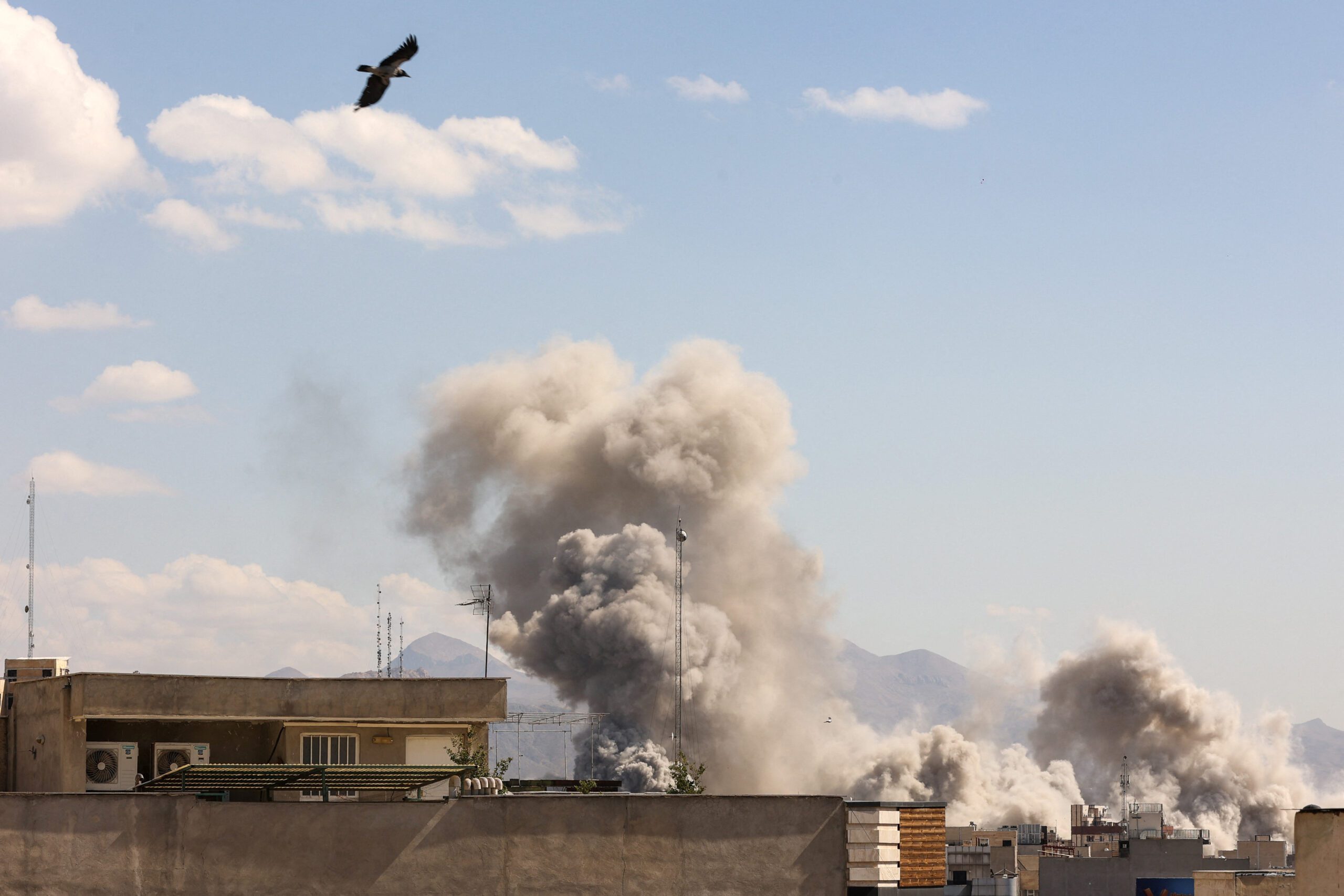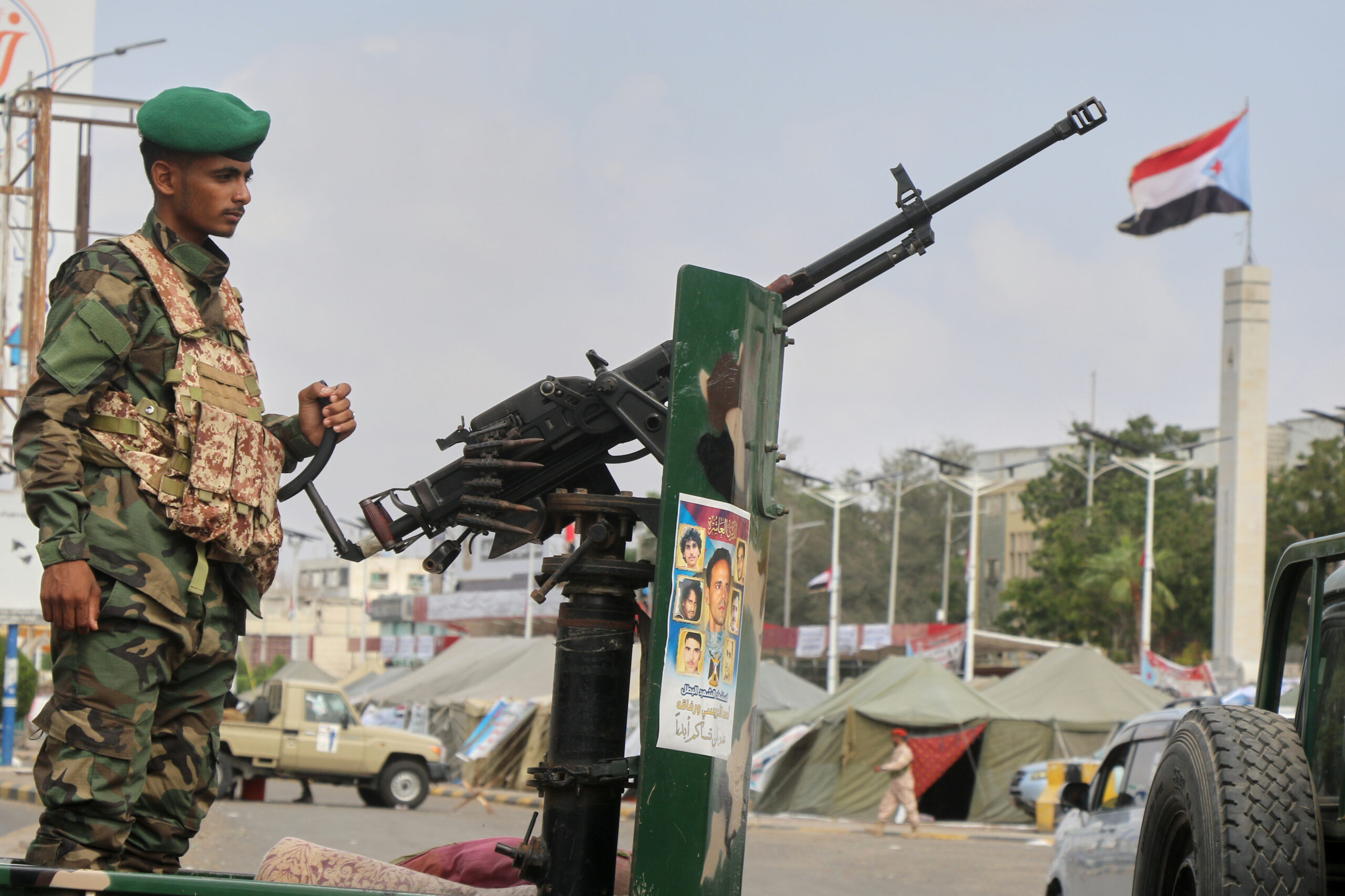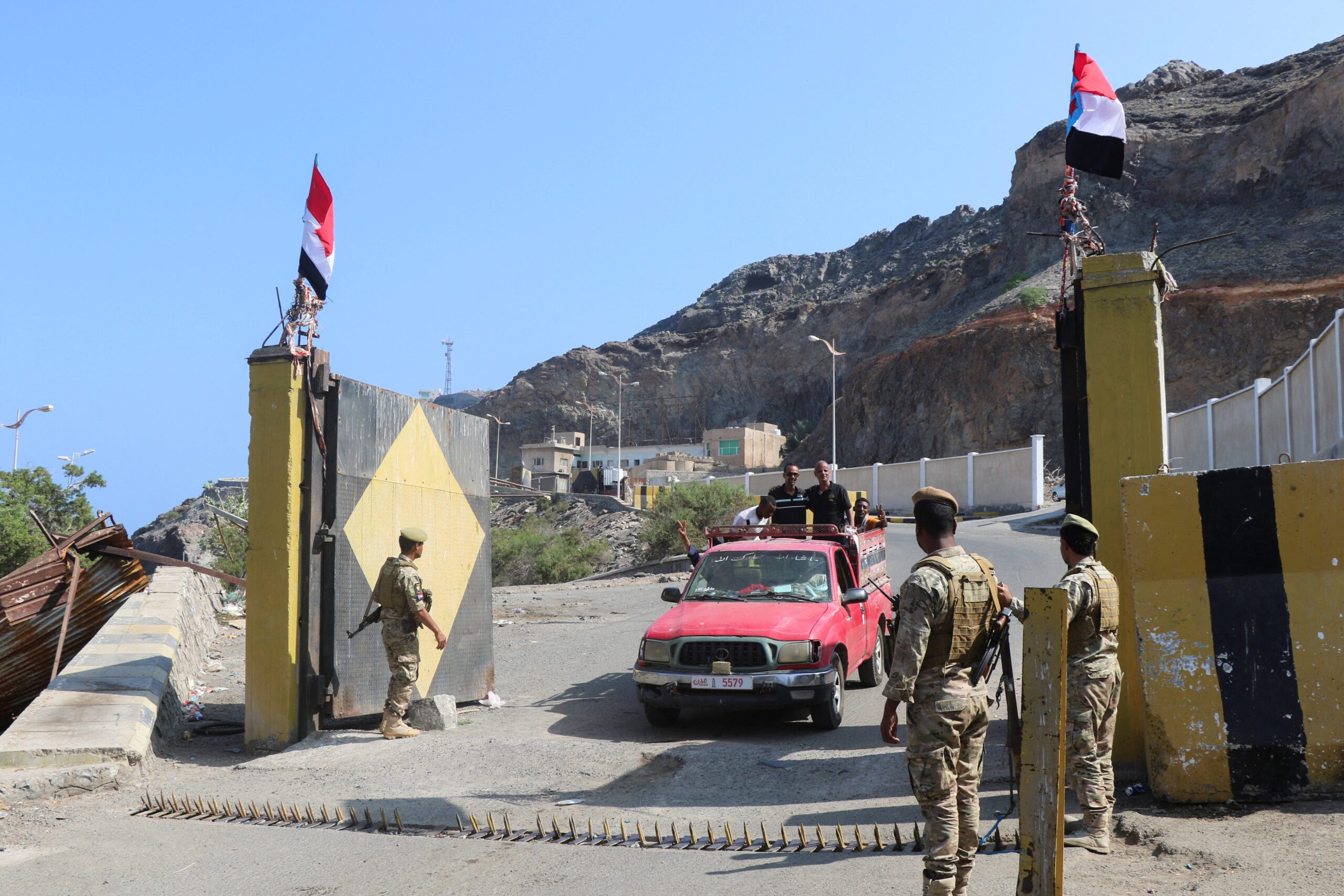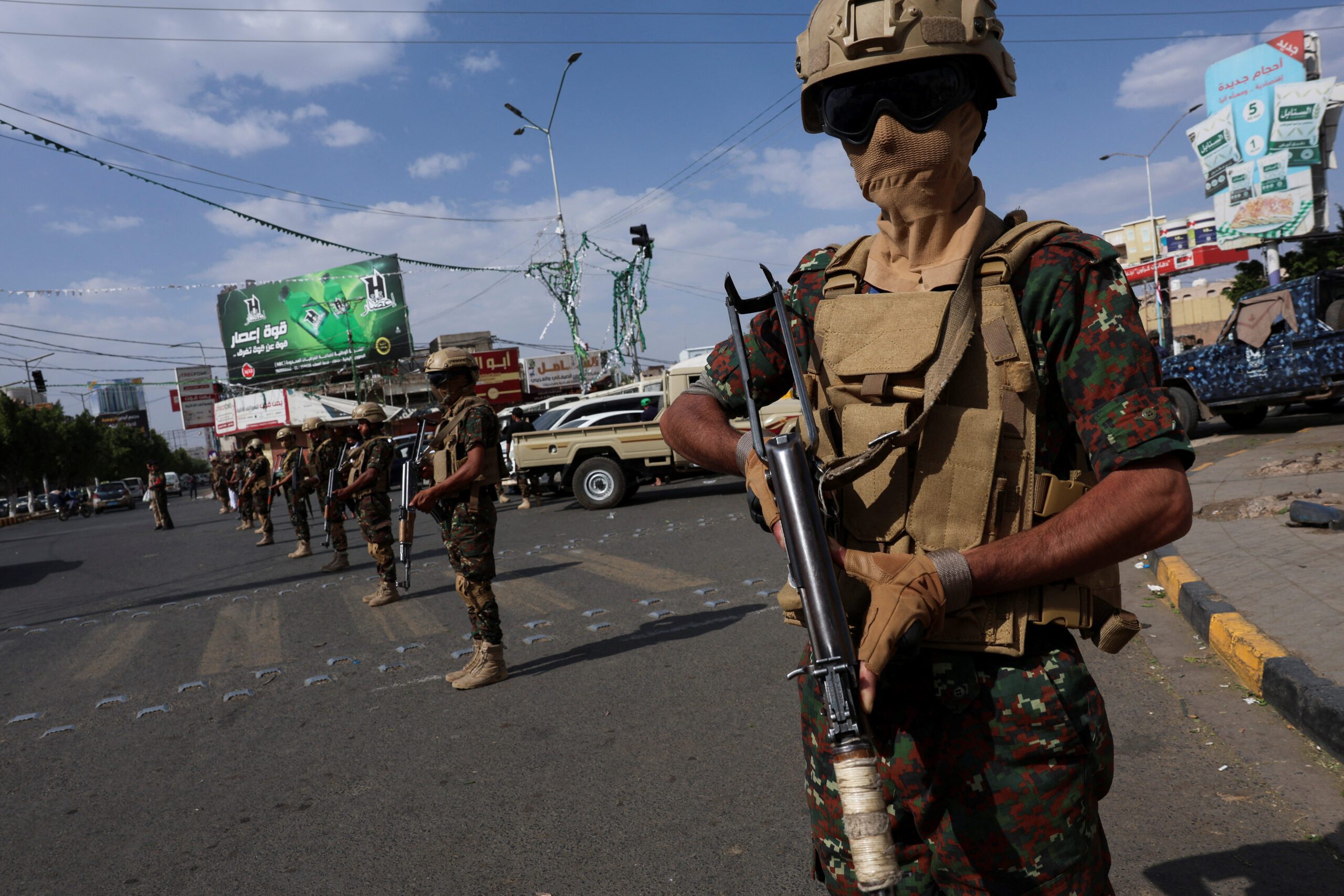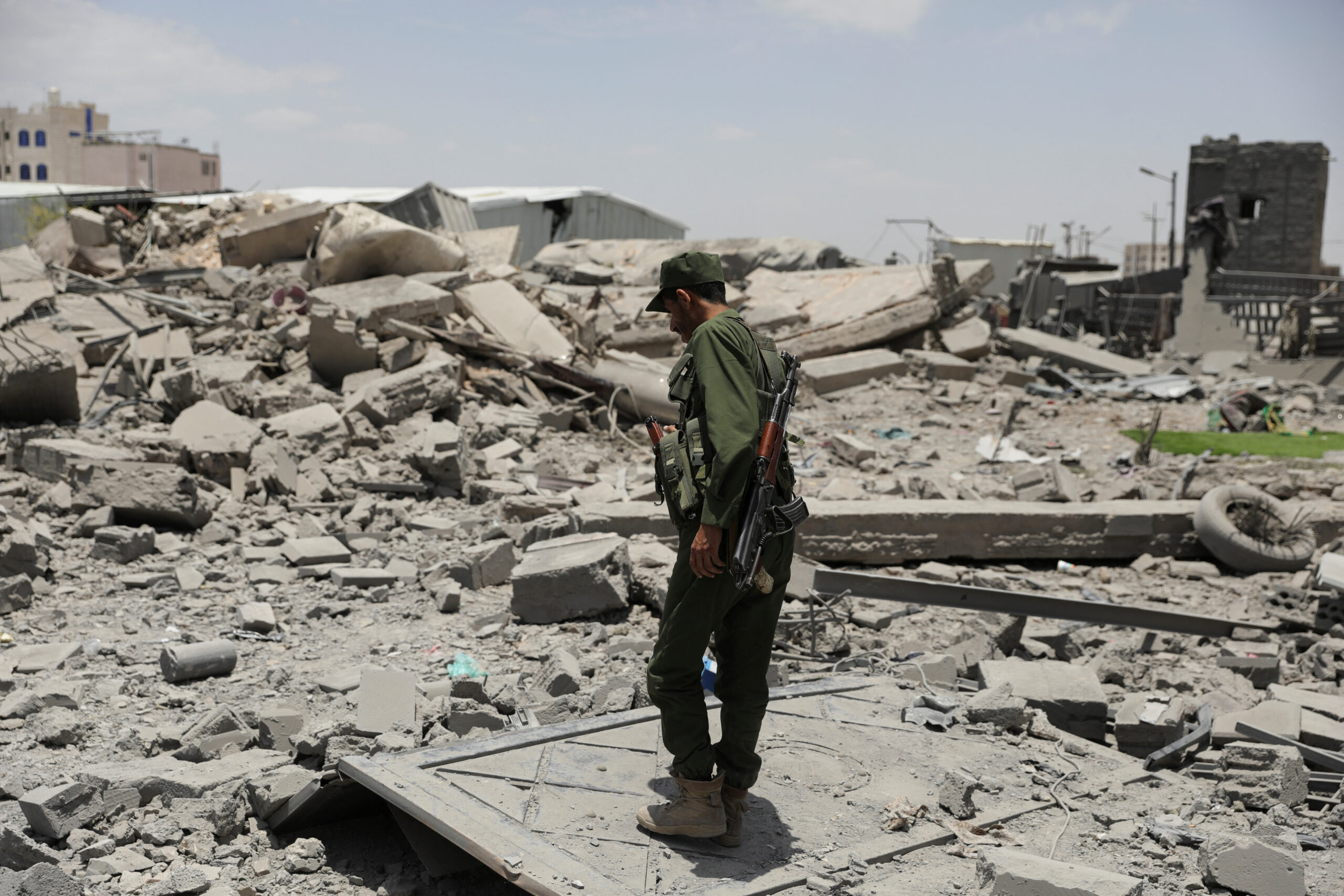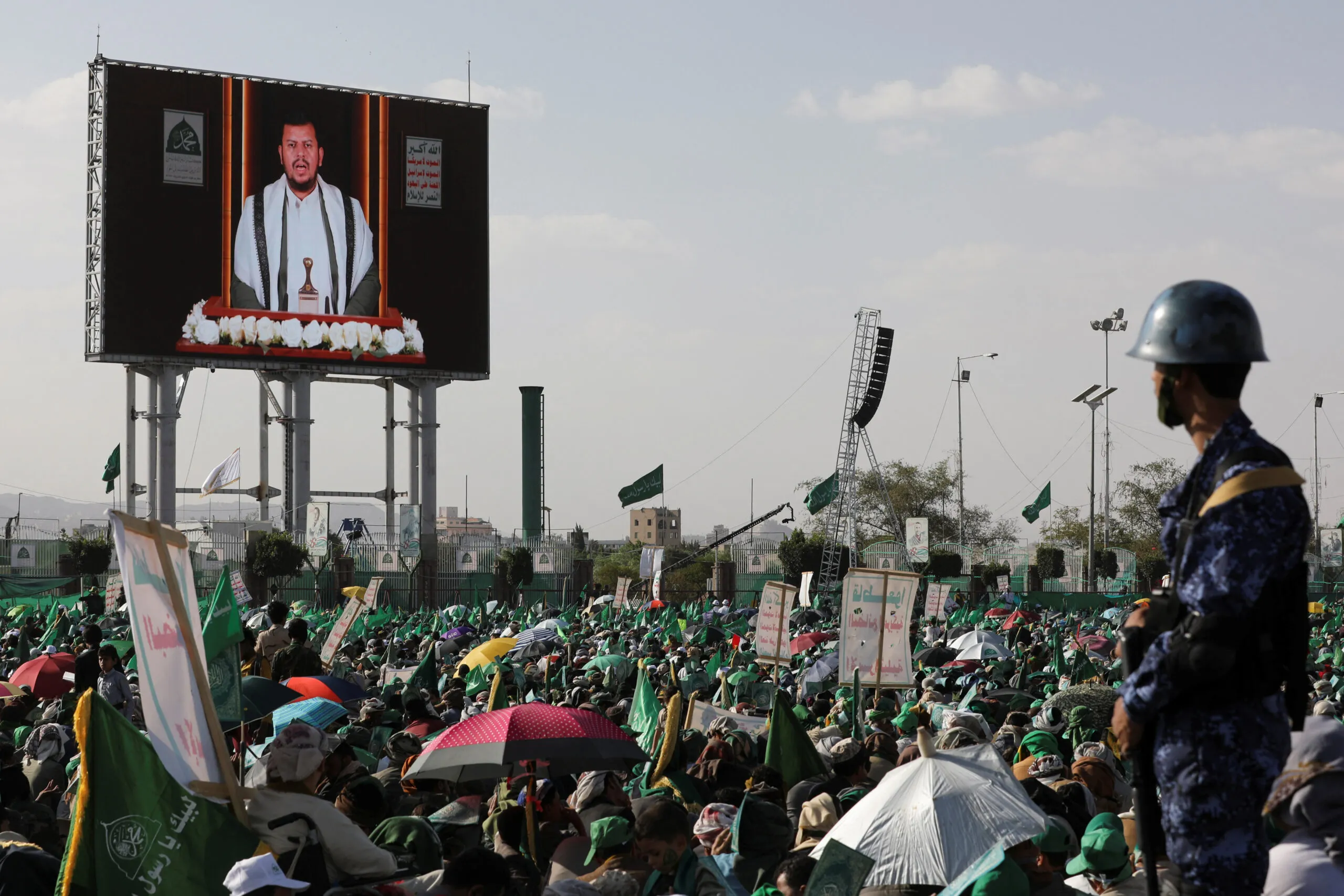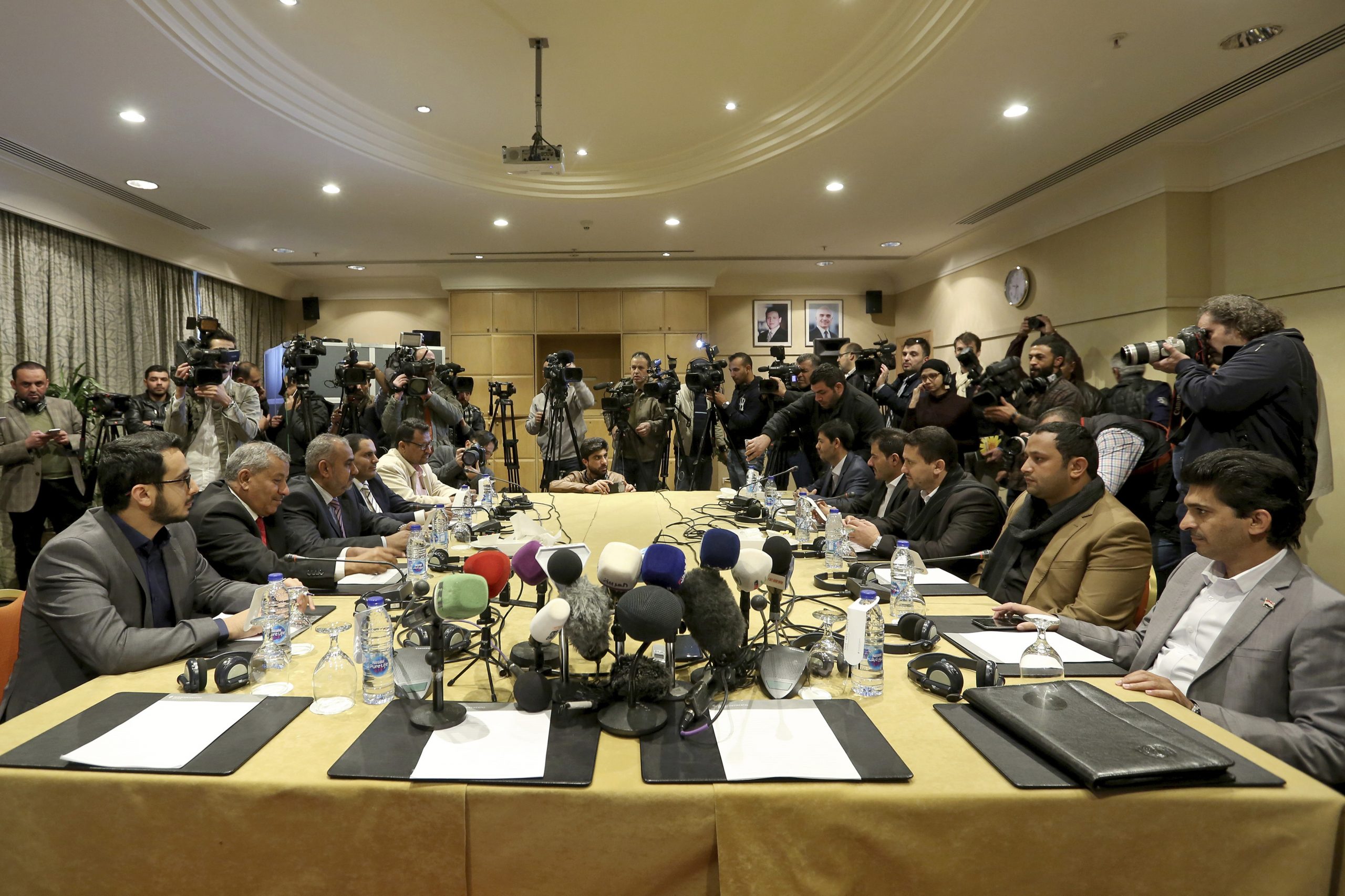From the Mountains, Into the Palace: The Houthis Won the War but Might Lose What Comes Next
The Houthis will be more vulnerable after the full withdrawal of Saudi and Emirati forces than they have been at any time during the war.
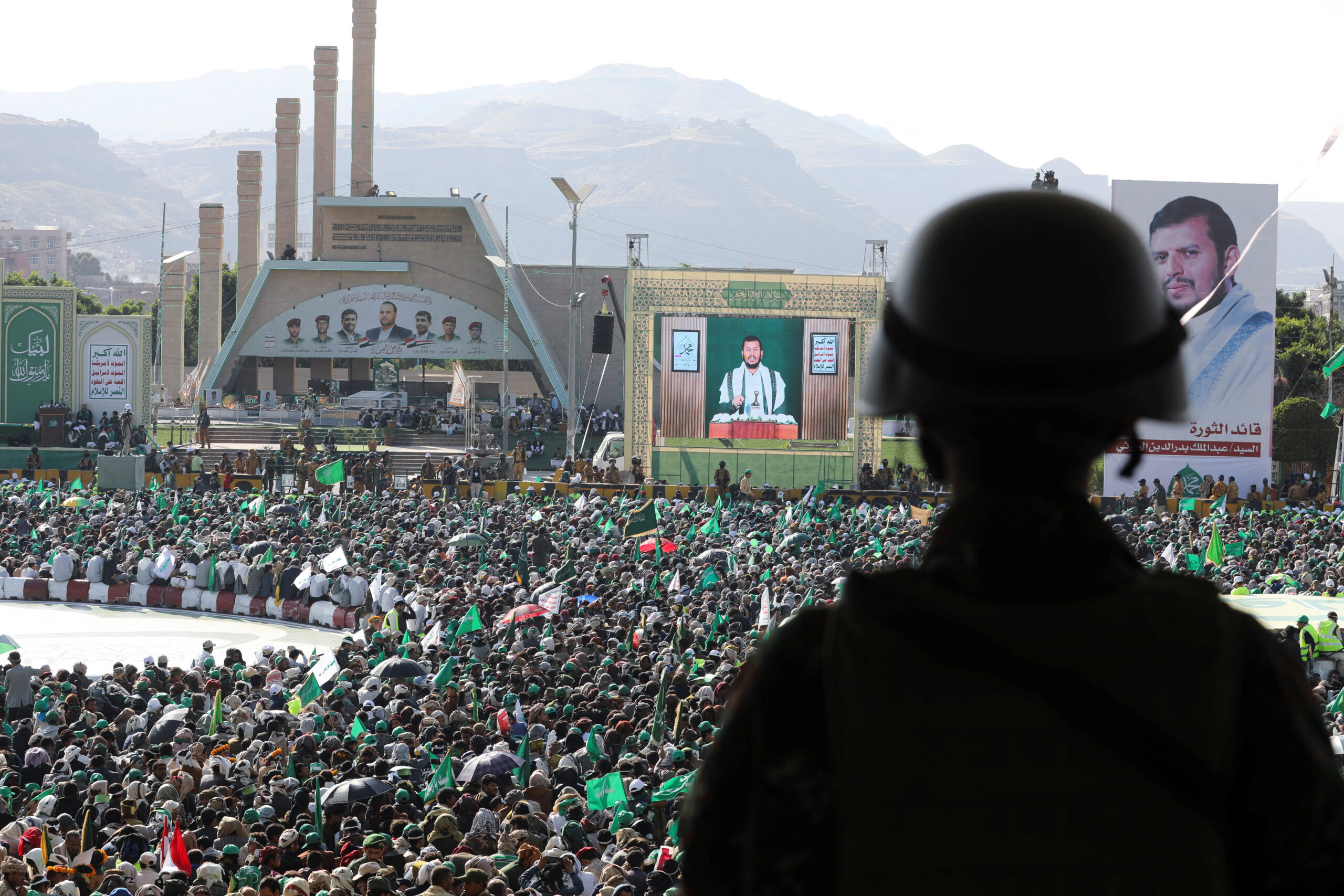
Executive Summary
After more than eight years of a devastating war in Yemen, one thing is clear: The Houthis remain in control of Sanaa. Saudi and Emirati airstrikes have not chased them back to the mountains, and international pressure has not forced them to capitulate at the bargaining table. In that sense, the Houthis have won the war. At this late date, the group is unlikely to be militarily or diplomatically forced out of Sanaa.
There are three major reasons for the Houthis’ victory. First, the group has been more flexible and agile than its opponents, and it has done a better job of turning enemies into allies, as opposed to the Saudi-led coalition, which has often turned allies into enemies. Second, the Houthis benefitted from a string of poor policy decisions and battlefield blunders by their opponents in the United Nations-recognized government of Yemen as well as by the Saudi-led coalition.
Finally, the Houthis took advantage of the fragmentation among their opponents. This was the case both domestically as well as regionally. On the domestic front, the various armed groups affiliated with the U.N.-recognized government, such as the Southern Transitional Council and Islah Party, had different objectives and, at times, came into conflict with one another. Regionally, Saudi Arabia and the United Arab Emirates pursued different end states and fought different wars. All of this allowed the Houthis to remain in control in Sanaa, holding territory, and, ultimately, achieving victory.
However, the Houthis have created significant challenges for themselves that will be difficult to overcome in a postconflict scenario. The three most pressing pertain to governance, the economy, and domestic allies. The Houthis have not governed effectively or transparently, they lack the economic base to support an independent state, and they have alienated power centers, particularly many of Yemen’s tribes, whose support they may soon need. In short, the Houthis will be more vulnerable after the full withdrawal of Saudi and Emirati forces than they have been at any time during the war.
The views represented herein are the author's or speaker's own and do not necessarily reflect the views of AGSI, its staff, or its board of directors.







